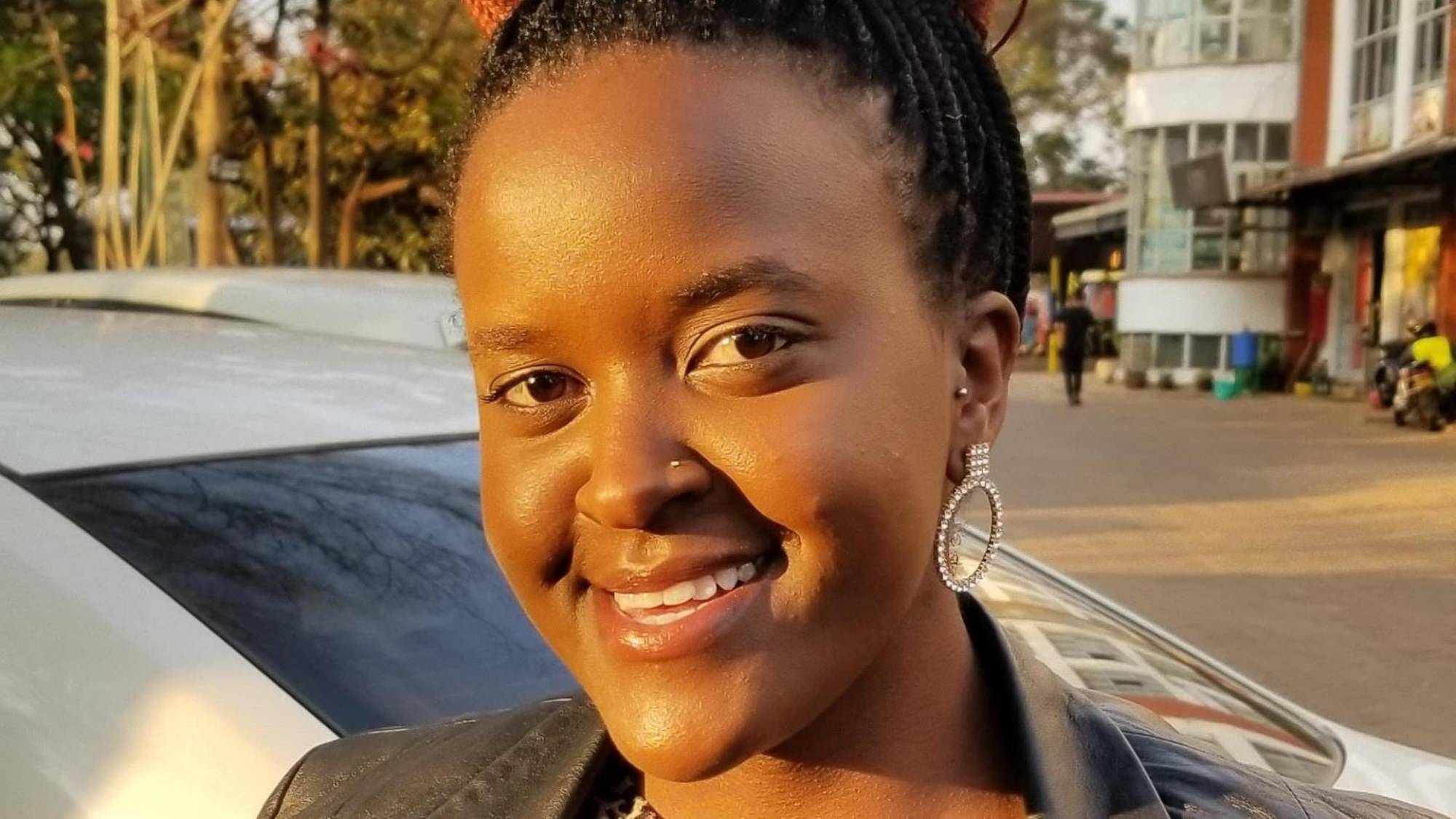For as long as Nelly Naisula Sironka can remember, she has never wanted children. At 28 years old, the Kenyan woman has made a permanent decision to ensure she never will. In October, she chose to undergo tubal ligation, a sterilisation procedure that closes off her fallopian tubes, forever closing the door on motherhood.
Read Also: The only animal Australians are afraid of? A bird. Here’s why
"I feel liberated," says Sironka, an organisational development expert, in an interview with the BBC. "This decision has given me complete control over my future."
Tubal ligation, sometimes referred to as "getting your tubes tied," is a procedure that prevents pregnancy by blocking the fallopian tubes. In Kenya, between 2020 and 2023, approximately 16,000 women underwent the procedure, according to the Ministry of Health. However, it's unclear how many of these women did not already have children.
Dr. Nelly Bosire, a Nairobi-based gynaecologist, notes that the profile of women seeking sterilisation in Kenya is changing. "Historically, tubal ligation was most common among women with multiple children," she explains. "Now, we're seeing more women with fewer children opting for the procedure."
Doctors typically recommend sterilisation only for women who are certain they do not want biological children, as reversing the procedure is difficult and the success rate is low. Dr. Bosire adds, "Doctors rarely encourage tubal ligation because a reversal often isn't successful."
Though Sironka comes from a large family, she has never felt societal pressure to start her own. In Kenya, there is often an expectation that women will have children, but she credits her father for encouraging her to focus on education and instilling a love for reading. Books by feminist authors such as Toni Morrison, Angela Davis, and bell hooks played a pivotal role in shaping her views.
"I read about women's lives that didn't involve children," Sironka recalls. "It made me realise a life without children was possible."
After years of contemplation, Sironka decided to go ahead with the procedure, saving the necessary funds and securing a stable job that allowed her time off. The procedure cost her 30,000 Kenyan shillings (around £190 or $230) at a private hospital.
Her decision was also influenced by global events. The 2022 reversal of abortion rights in the United States, which she views as part of a larger global rise in authoritarianism, made her worry that women's rights could be further eroded. "In Africa and America, we are seeing a rise in fascism," Sironka says. "I feared women's rights to control their bodies might be restricted, so I decided to act while I still could."
When she shared her decision with her family, they were not surprised, as Sironka had always been vocal about her choice to remain child-free.
As for dating and relationships, she remains uncertain. "I'm still thinking about it," she says with a shrug.
Sironka is not alone in her decision to reject traditional expectations of womanhood. Many others, especially on social media, are openly sharing their choice to remain child-free, with some choosing sterilisation as a permanent solution.
One such person is Muthoni Gitau, a 34-year-old interior designer and podcaster. In a YouTube video posted last March, Gitau shared her journey of getting a tubal ligation. She recalls first articulating her desire not to have children at the age of 10. "I saw a possible partner, I saw travelling, but I just never saw children," she says.
For Gitau, the decision to undergo tubal ligation was also motivated by a desire to live life on her own terms. After experiencing nausea with birth control pills, she began considering a more permanent solution. When she first approached a doctor about the procedure at 23, she was met with resistance and what felt like a lecture on how children are a blessing. The doctor questioned, "What if I meet someone who wants kids?" This dismissal was painful for Gitau, and it would take another decade before she could get the procedure done.
Dr. Bosire notes that a significant challenge in Kenya is shifting the mindset of medical professionals to respect a patient's autonomy. "Our culture doesn’t see tubal ligation as normal for women," she says.
Despite the challenges, Gitau eventually found a supportive doctor at a non-governmental organisation providing family planning services. Armed with a bullet-point list of reasons for her decision, she was relieved to find no pushback from the doctor, who was "very kind."
Gitau, who is currently single, says she is happy with her decision and the positive response to her video. "Women can contribute to the world in so many other ways," she says. "It doesn't have to be through raising children. I'm grateful to live in a generation where choice is possible."
Source: BBC




No comments yet
Be the first to share your thoughts!